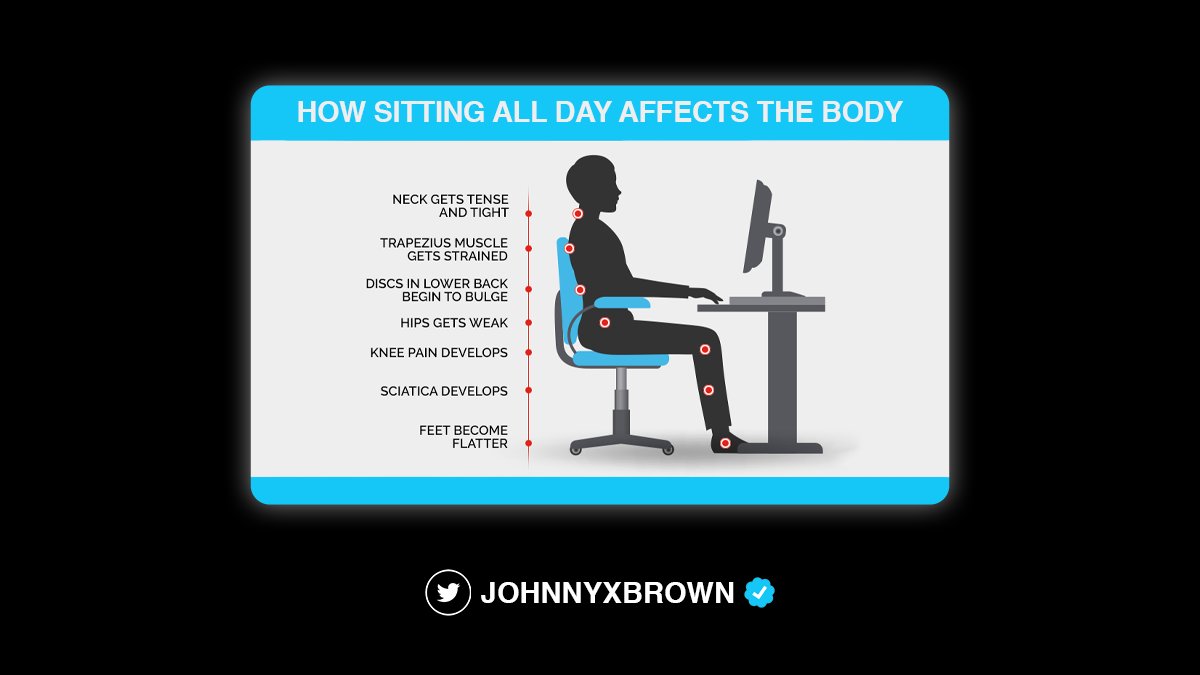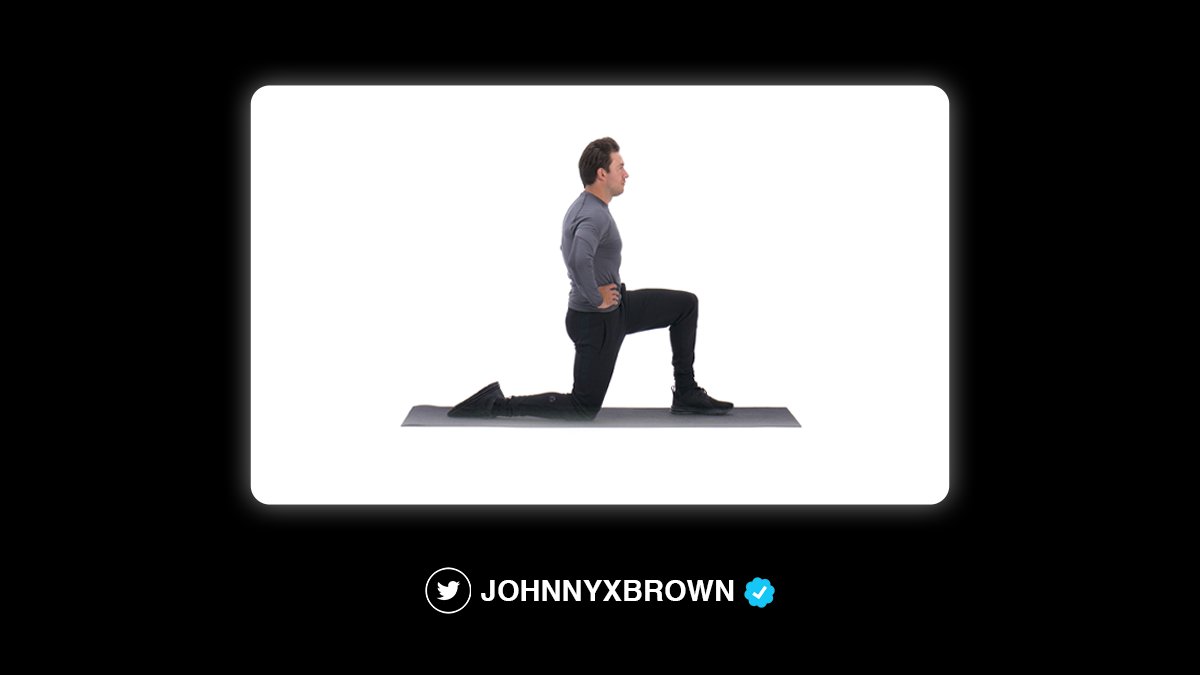It's a leading cause of career disability, and it can make daily activities unbearable.
As careers continue to encourage prolonged sitting, our backs will continue to pay the price.
Here's how you can "deskproof" your back:








Your desk job is killing your back.
— Johnny Brown (@johnnyxbrown) December 14, 2022
Here's how to stop it: pic.twitter.com/NoeISTzJJQ


Donald Barr had a way with words. pic.twitter.com/JdRBwXPhJn
— Rudy Havenstein, listening to Nas all day. (@RudyHavenstein) September 17, 2020
